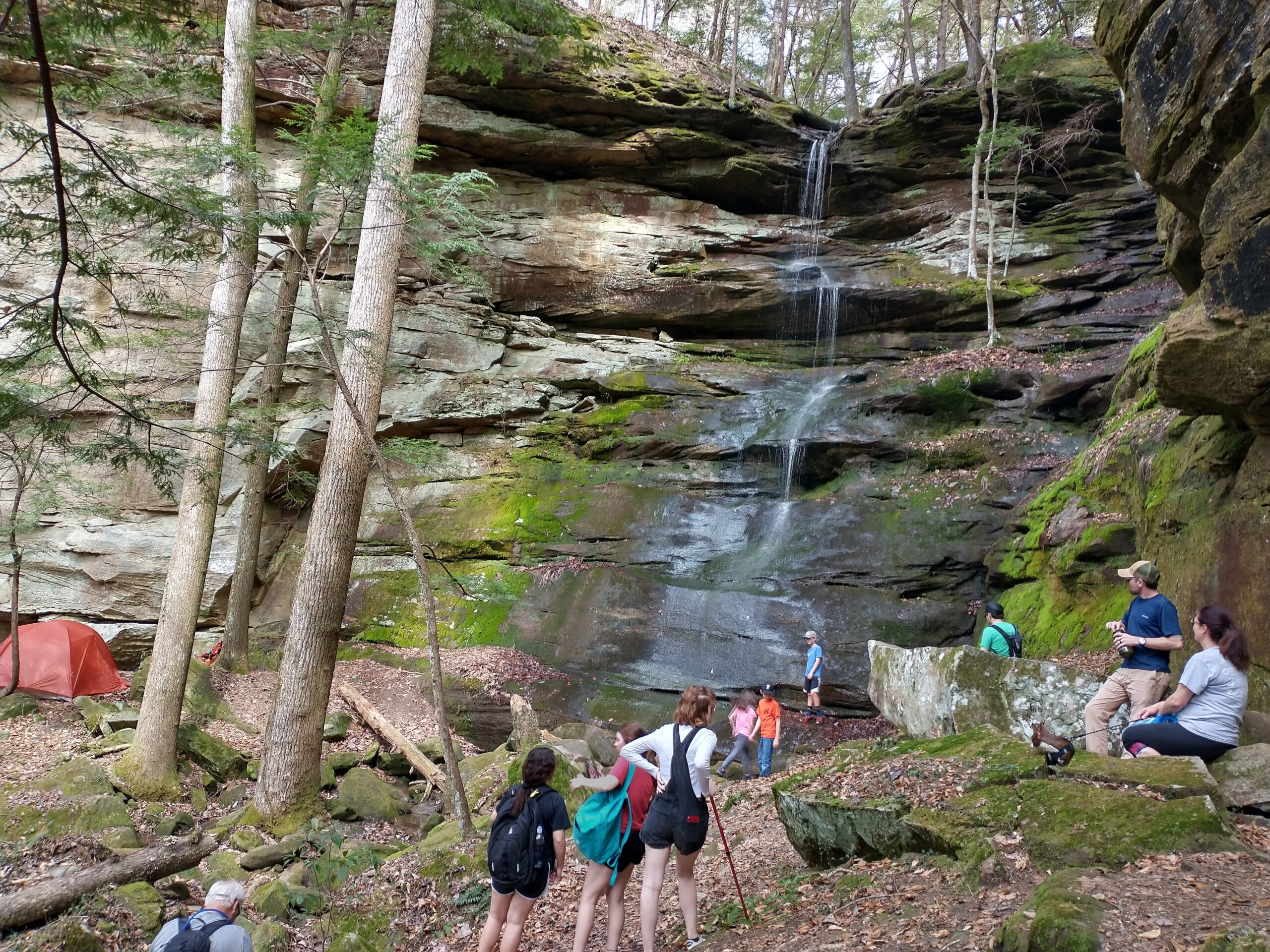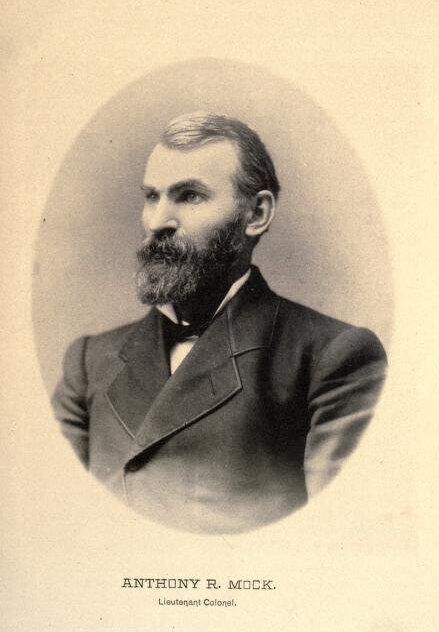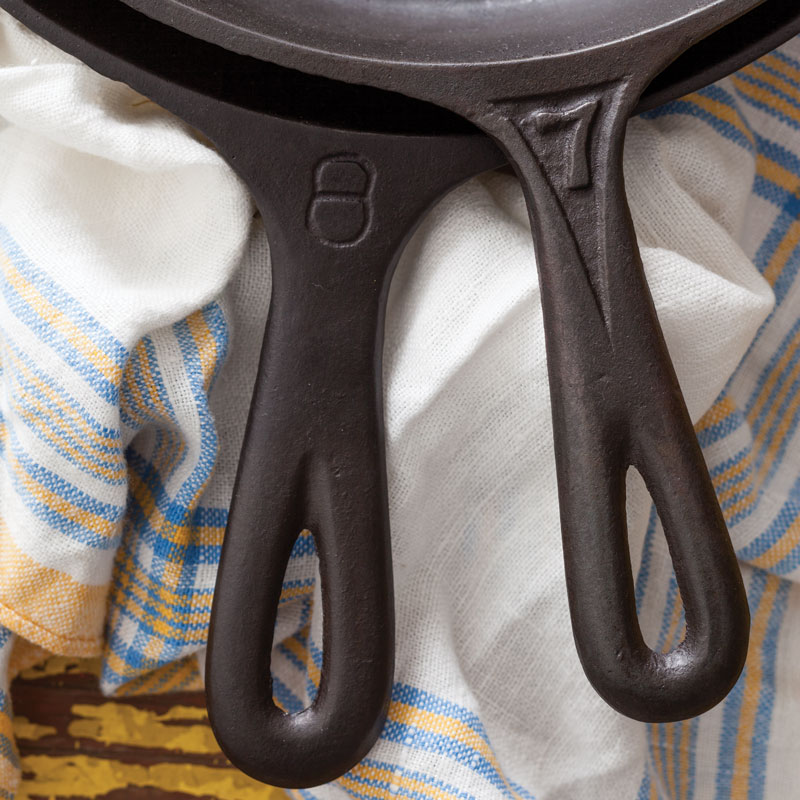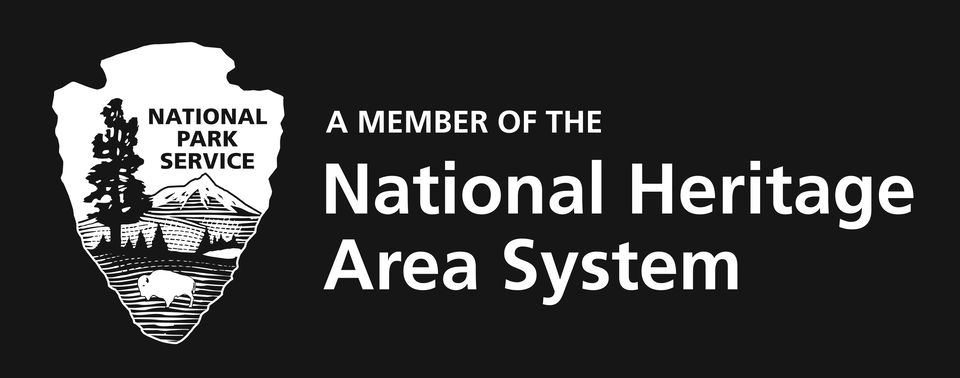By Tori Shaw, MSNHA graduate student
On June 23, the Alabama Department of Archives and History released a statement formally acknowledging and addressing its role in excluding Black Alabamians from the archive. This is especially significant given that the ADAH was the first state-funded archive to be established in the South.
[1] Historian W. Fitzhugh Brundage writes that “At its most fundamental level, the project of public history in the early twentieth century South was the archiving of white civilization,” and “a profound blindness toward African American institutions and history characterized virtually every facet of the public history movement in the South.”[2] What little of African American history was preserved within Southern archives was primarily through official documents and the records of enslavers, effectively erasing Black historical agency.[3] Additionally, in only preserving those specific types of sources, institutions made clear that the only products of African American history they considered relevant were those that were produced from positions of power and violence. This was and remains a substantial issue, given that archives, in the words of Michel-Rolph Trouillot, “enforce the constraints on ‘debatability’” and “convey authority and set the rules for credibility and interdependence: they help select the stories that matter.”[4]
It is imperative to note, however, that despite being systematically excluded from both the archives themselves and the spaces they occupied, African Americans pursued alternative methods of preserving their history and collective memory. In particular, Brundage writes that African Americans in the early 20th century transformed “schools into essential sites of collective memory that performed a role comparable to that of museums, archives, and other memory theaters in the white community,” and through which they effectively rebutted the fallacies perpetuated by white institutions.[5] This tradition of documenting, preserving and presenting African American history extends to long before the Civil War and can be traced to early African American scholars who worked to address historical inaccuracies, ethnic generalizations and deliberate omissions within prevailing mainstream narratives.[6]
Moving forward, it must be said that no amount of archival work can make up for what has already been lost and the damage that has already been done. Likewise, truly addressing the subject of diversity in the archives requires, as Rabia Gibbs suggests, that we “see ethnic communities as independent, complex social groups instead of presuming that our diversity agenda is in alignment with minority documentary needs and histories simply because it addresses the issue of diversity.”[7] While the statement from the ADAH is a step in the right direction, there is still much work that needs to be done.
- Fitzhugh Brundage, The Southern Past: A Clash of Race and Memory (Cambridge, Massachusetts: Belknap Press, 2005), 108.
- Brundage, 121.
- Brundage, 121-122.
- Michel-Rolph Trouillot, Silencing the Past: Power and the Production of History (Boston, Massachusetts: Beacon Press, 1995),
- Brundage, 140-141.
- Rabia Gibbs, “The Heart of the Matter: The Developmental History of African American Archives,” American Archivist 75 (Spring/Summer 2012), 197.
- Gibbs, 203.







